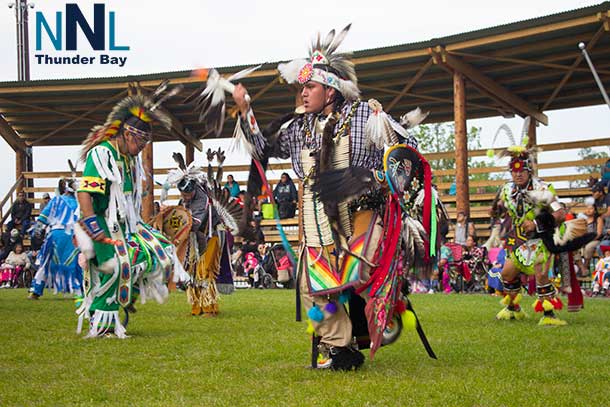June is the National Indigenous History Month, a month that reflects on all the contributions, struggles, and sacrifices of Inuit, First Nations, and Metis communities. This is a month for all indigenous and non-indigenous people to look back at indigenous communities’ history and rich culture. Each indigenous group has its own unique cultures and contributions that are celebrated despite differences.
Why Is It Important for Indigenous People to Know Their History?
Indigenous people have a history of suffering as they were removed from their lands, settlements, and their reserves were taken away. This all occurred as a result of segregation policies of the federal government and caused a great extent of suffering and exclusion of this community.
During the course of history, Indigenous people have had a strong relationship with their land. It was their place of settlement, origin, and growth. Their removal from their land was cruel as it deprived them of their language, spiritual practices, and cultural practices. Their culture was essentially taken away from them, and the act was a mere act of exclusion and intolerance.
In the late 1800s, around 150,000 Indigenous children were forced into attending some residential schools that closed in 1996. These schools propagated intolerance, mockery, and violence among these young minds by reinforcing the superiority of European culture over their indigenous race. Young minds were exploited in a place where education and inclusivity should have been prevalent, and the shame associated with being indigenous spread on a larger scale. All the upcoming generations suffered at the hands of this internalized guilt, shame, and sense of inferiority. Even today, many Indigenous people struggle with identity and have to relearn and revitalize the power that was taken from them in the 1800s.
The new generation of indigenous people must celebrate their historical month to acknowledge the sacrifices of their ancestors and their contribution. This celebration ensures that the culture is preserved and practices regarding spirituality, languages, and traditions prevail in the future. Indigenous communities have lost decades in oppression and are resilient. The new generations need to acknowledge and celebrate the resilience of their ancestors against the unfair assimilation policies.
Why Should Non-Indigenous People Learn About Indigenous History?
The history of Indigenous communities and their sacrifices are still unknown to most non-Indigenous people. Several generations of Canadians have lived their lives without the knowledge of their Indigenous peers and their rich ancestry. Most non-indigenous people today are also unaware of the impacts of the Indian Act and the contributions of Indigenous communities.
Non-indigenous Canadians need to thoroughly understand the sentiment of their indigenous counterparts on the Confederation celebrations. The indigenous communities feel wronged as they lived on these lands way before the Confederation came into existence. They often feel devalued and disrespected as their relationship with the land goes unacknowledged. Celebration of Confederation can also be resentful for your Indigenous counterparts as the assimilation policies prevailed during this time, and the celebration might remind them of the suffering of their ancestors. Even non-indigenous people need to understand history, celebrate the rich indigenous culture, and spread inclusivity in this era.
Endnote
The indigenous community is a part of these lands. However, history has been quite intolerant and resentful towards this community. With the rich culture of Indigenous people, their spiritual practices, their vast history, and proven resilience, this month is to remember the struggles of these communities and celebrate their well-being.




